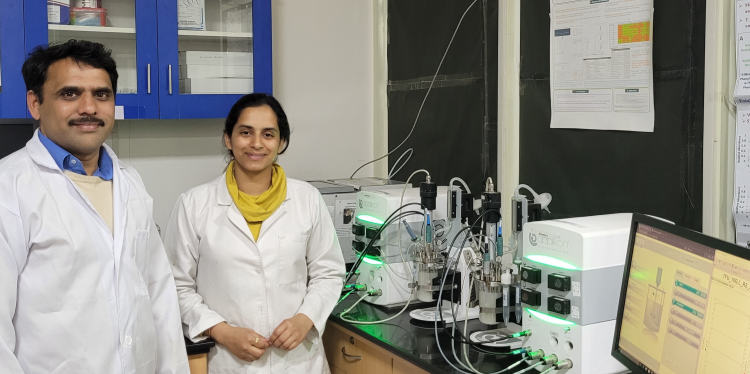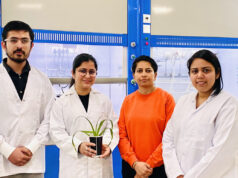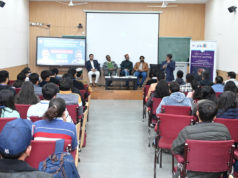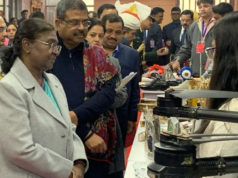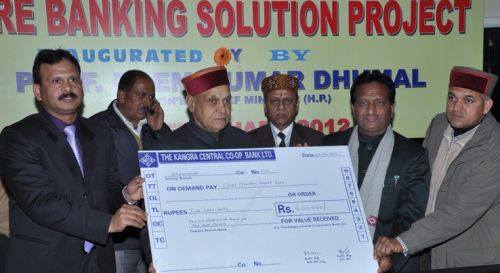Innovative process can lead to a sustainable generation of biofuels and other green chemicals
Mandi: Researchers at the Indian Institute of Technology Mandi have identified microbial pairs that can efficiently convert cellulose waste into useful chemicals, biofuels, and carbon suitable for industrial applications. This process, called consolidated bioprocessing, involves combining saccharification and fermentation into one step using a synthetic microbial consortium (SynCONS).
The SynCONS can be adopted for the bioprocessing of cellulose into valuable products such as industrial enzymes, ethanol, and lactate. The carbon obtained after pyrolysis can also be used in applications such as water filtration and electrodes. The method has been patented, and further scale-up of the bioprocess is ongoing.
Dr Shyam Kumar Masakapalli, IIT Mandi, said, “We analysed multiple microbes to create SynCONS that could convert cellulose to ethanol and lactate. The microbial consortia designed can be adopted for bioprocessing of cellulose to valuable products such as industrial enzymes like cellulase, ethanol, and lactate. Once scaled up, this process can sustainably generate bioethanol and other green chemicals in bioreactors. The carbon obtained after pyrolysis can be used in a range of applications such as water filtration and electrodes.”
Dr Swati Sharma, IIT Mandi, added, “The method has been patented, and further scale-up of the bioprocess is ongoing.”
The process can readily be adopted to design microbial SynCONS partners for efficient bioprocessing of complex polymers to platform chemicals. The innovation has the potential to reduce the cost of bioprocessing, eliminate the need for multiple washing and separation steps, and prevent the release of undesirable chemicals. The team’s research provides a sustainable approach to convert cellulosic waste into useful chemicals and biofuels, while also preventing the need for safe disposal of the waste material.


